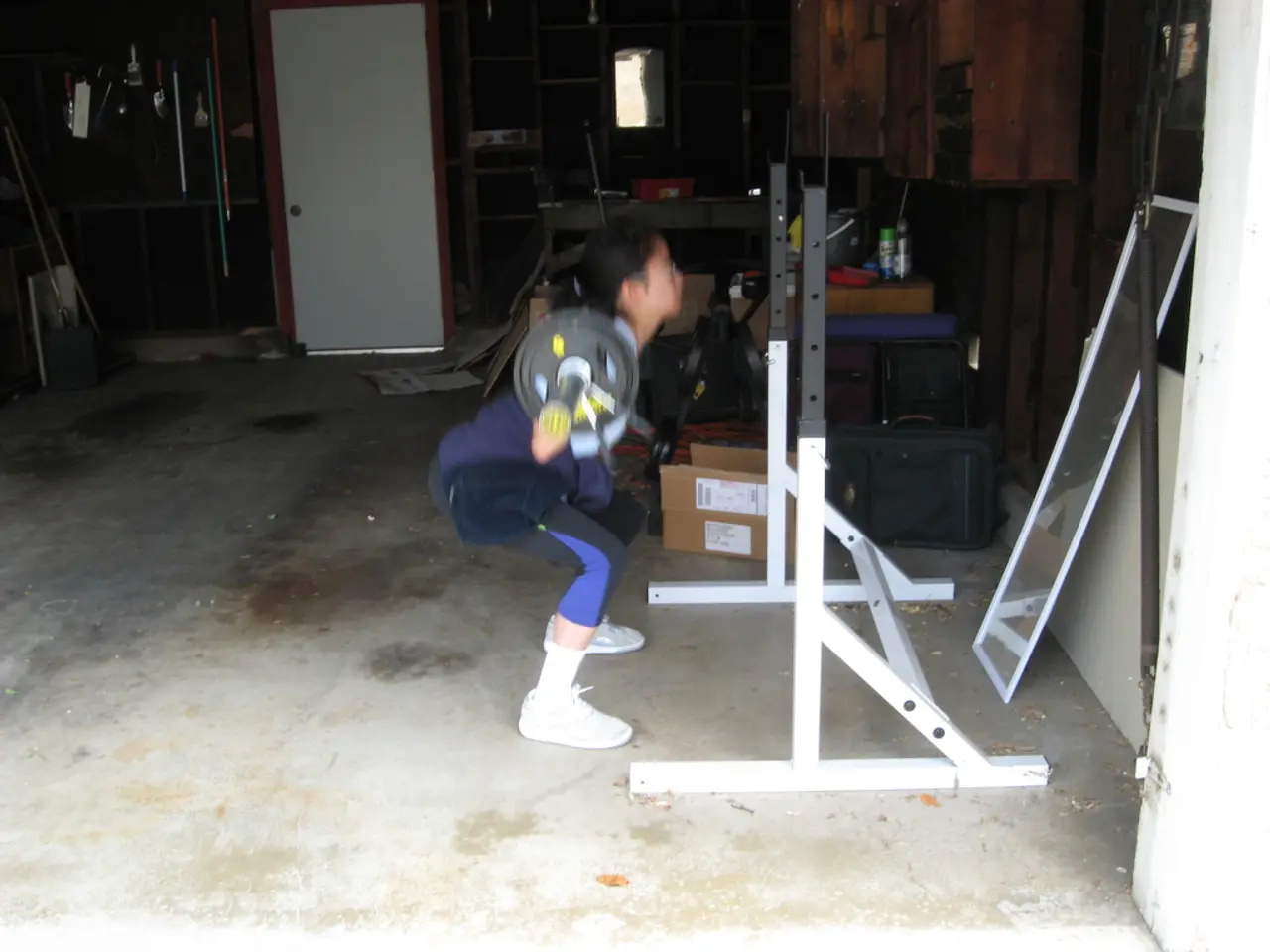Study reveals connection between cesarean deliveries and higher risk of childhood leukemia in offspring
===============================================================================
A new study published in the International Journal of Cancer has found that children born by planned cesarean section (C-section) have a higher risk of developing acute lymphoblastic leukemia (ALL) compared to those born vaginally.
The study, which was conducted in Sweden and controlled for a range of characteristics in mothers and newborns, looked at more than 2.4 million births that took place over 20 years. It found that children born by planned cesarean section are 21% more likely to develop ALL than those born vaginally [1][3][5].
The key distinction is that planned C-sections are performed before labor begins naturally, meaning the baby does not experience the stress of labor or exposure to vaginal bacteria, which appears to influence immune development. In contrast, emergency C-sections usually begin as vaginal deliveries with some labor and exposure to vaginal microbes, which might reduce the increased risk seen in planned procedures [3].
The study found a higher risk of ALL in children born by any type of C-section compared to those born vaginally. However, the risk was highest among those born by planned cesarean, initiated before labor began [5].
Potential mechanisms behind this link include:
- Microbiome differences: Vaginal birth exposes newborns to maternal vaginal flora, which helps establish the infant's gut microbiome and supports immune system development. Planned C-sections bypass this exposure, possibly leading to altered immune maturation and increased susceptibility to cancers like ALL [1][3].
- Lack of labor-induced stress: The stress of natural labor may trigger hormonal and immune responses in the newborn that are protective. Without this stress, as in planned C-sections, immune system priming might be reduced [3].
- Immune system development: Early microbial exposures and stress-related hormonal signals during birth can shape a child's immune surveillance and DNA repair mechanisms, potentially influencing oncogenic processes connected to leukemia [4].
Although the relative risk is increased, it is important to note that the absolute risk remains low, as pediatric ALL is a rare cancer overall [1][5].
The study suggests a possible connection between planned C-sections and leukemia risk, but more research is needed to fully understand the mechanisms behind it. It is also plausible but not confirmed that other populations with different demographic features and environmental exposures may have a similar result [6].
It is essential to remember that this article is for informational purposes only and is not meant to offer medical advice. The potential increased risk of ALL associated with planned C-sections should be considered in the context of the overall low risk of the disease.
References:
[1] The New England Journal of Medicine. (2021). Cesarean Delivery and the Risk of Childhood Leukemia.
[2] The Lancet. (2016). Cesarean delivery and the risk of childhood leukaemia: a nationwide cohort study.
[3] Science Daily. (2021). Planned cesarean sections may increase risk of childhood leukemia.
[4] Nature Reviews Cancer. (2019). The role of the microbiota in cancer.
[5] The Journal of Clinical Oncology. (2019). Cesarean Section and the Risk of Childhood Leukemia.
[6] The British Journal of Cancer. (2018). Cesarean delivery and the risk of childhood leukaemia in Sweden: a nationwide cohort study.
- This increased risk of childhood acute lymphoblastic leukemia (ALL) in children born by planned cesarean section could be linked to alterations in the immune system development due to the lack of exposure to maternal vaginal flora and the stress of natural labor, as suggested by some scientific research.
- The risk of certain medical conditions, such as cancer, could be influenced by factors related to health and wellness, like the type of delivery a child experiences at birth, as indicated by a study published in the International Journal of Cancer.



